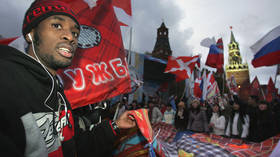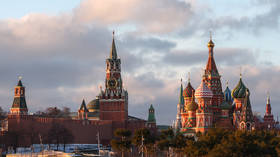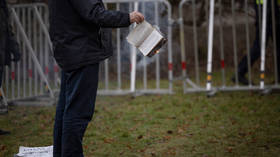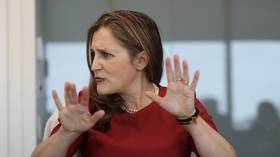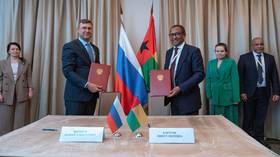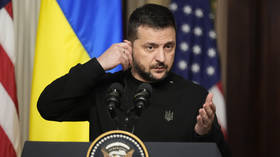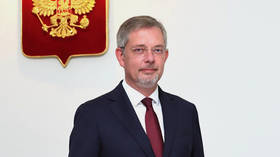Africans showing great interest in Russian universities – media
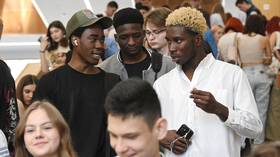
African students, particularly from Algeria, Angola, Egypt, Mali, and Chad, are leading in applications to Russian universities, the country’s federal agency for international cooperation told Izvestia newspaper on Wednesday.
According to Rossotrudnichestvo, for the 2024–2025 academic year, over 14,000 applications were submitted by African candidates; there were 2.7 contenders for every place available.
The majority of these students apply under the Russian government’s education quota program, which provides free tuition, subsidized dormitory accommodations, and stipends. For the upcoming academic year, more than 4,800 spots have been allocated specifically for African students, the outlet reported.
Data from the Patrice Lumumba Peoples’ Friendship University of Russia (RUDN University) shows that most African graduates return to their home countries and secure employment in their fields.
“Doctors, engineers, and agricultural specialists trained at our university work in most African countries,” the Russian Ministry of Science and Higher Education noted, adding that some alumni even hold cabinet positions in their respective nations.
RUDN University’s Vice-Rector for Strategic Communications Elena Apasova emphasized her institution’s strong ties with Africa, noting that its alumni head associations in countries like Zambia, South Africa, and Tanzania.
According to Izvestia, RUDN currently hosts 2,670 African students from 54 nations, with 84.7% receiving government funding. The remaining 407 students are self-funded.
The university’s press service reported a 27% increase in African enrollments compared to 2023, with 733 new students entering bachelor’s, specialist, and master’s programs this year.
In September, Rossotrudnichestvo announced agreements to establish Russian House cultural centers in six African nations: Guinea, Somalia, Sierra Leone, the Central African Republic (CAR), Chad, and Equatorial Guinea.
Rossotrudnichestvo chief Yevgeny Primakov also emphasized the growing demand for Russian education, language, and cultural programs, noting that these agreements respond to requests from local communities.
